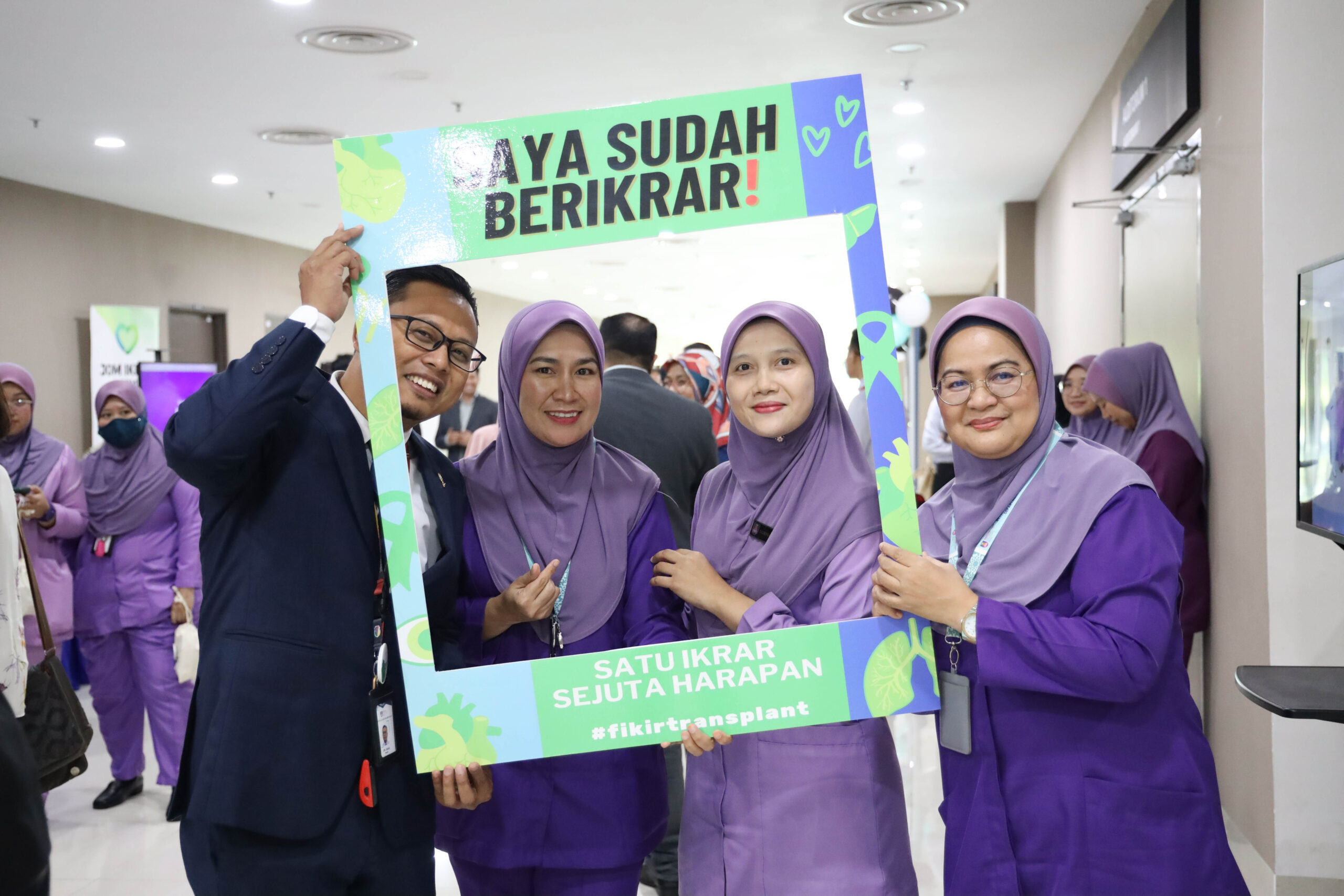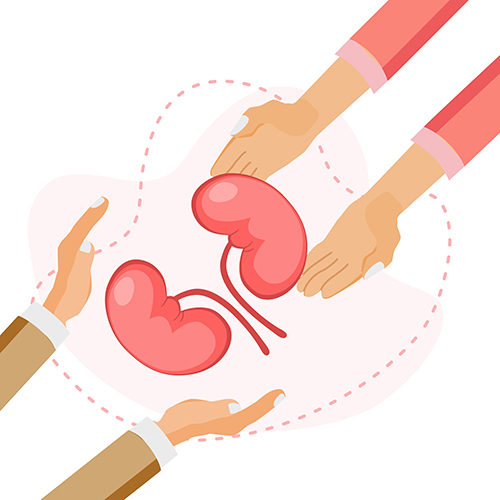WORDS DR MUHAMMAD IQBAL ABDUL HAFIDZ
 FEATURED EXPERT FEATURED EXPERTDR MUHAMMAD IQBAL ABDUL HAFIDZ Head of the Nephrology Unit and Kidney Transplant Programme Universiti Teknologi MARA (UiTM) |
QUESTION 1
Considering the advances made in dialysis technology, why is kidney transplant still considered a necessity for people with end stage kidney disease?
Kidney transplantation is generally regarded as the optimal treatment endpoint for individuals with end stage kidney disease.
This is because it offers superior long-term outcomes, improved quality of life, and reduced health risks.
Patients can lead a life like the one before they underwent dialysis.
However, it’s essential to consider individual eligibility and specific medical circumstances when determining whether the individual is suitable to receive a kidney transplant.
QUESTION 2
What are the likely reasons that make many Malaysians hesitate to donate their organs?
Such hesitancy could be due to cultural and religious beliefs, lack of awareness about the benefits and importance of organ donation, concerns about the healthcare system’s transparency, and potential family influences on their decision-making.
QUESTION 3
What are some of the common misconceptions that Malaysians harbour about organ donation?
Common misconceptions include:
- Fears about the impact on the body after death.
- Concerns about the fairness of organ allocation.
- Lack of trust in the healthcare system.
- Misunderstandings about the compatibility of organ donation with cultural or religious beliefs.
Education is crucial to dispel these myths.
QUESTION 4
What are the criteria for one to be eligible to be an organ donor?
Eligibility criteria for organ donation include:
- Being in good general health.
- Typically, under the age of 70.
- Have no active infections or severe medical conditions.
- Donor meets specific organ-specific criteria.
It’s essential for potential donors to discuss their intentions with their immediate family and register as donors to ensure their wishes are known and considered.
QUESTION 5
How do we register as an organ donor?
You can register as an organ donor through the MySejahtera app.
It is very simple to do. All you need to do is ensure that the next of kin is informed, which is part of the registration itself.
Once you complete the registration, the donor card will appear on the MySejahtera app.
If you change your mind later about being an organ pledger, you can make the necessary changes via the app at any time after you have registered.





